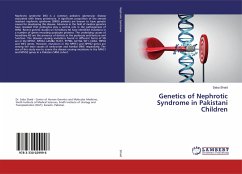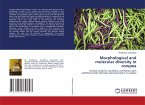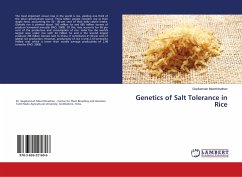Nephrotic syndrome (NS) is a common pediatric glomerular disease associated with heavy proteinuria. A significant proportion of the steroid resistant nephrotic syndrome (SRNS) patients are known to have genetic causes for developing this disease. Advances in the field of medical genetics have revealed that podocytes play a central role in the pathogenesis of SRNS. Recent genetic studies on hereditary NS have identified mutations in a number of genes encoding podocyte proteins. The underlying causes of hereditary NS are the presence of defects in the podocyte architecture and function. The diseases causing mutations found in different forms of NS are in the NPHS1, NPHS2, LAMB2, PLCE1, PTPRO, ACTN4, WT1, CD2A, TRPC6 and INF2 genes. However, mutations in the NPHS1 and NPHS2 genes are among the main causes of early-onset and familial SRNS respectively. The aim of this study was to screen the disease causing mutations in the NPHS1 and NPHS2 genes in a Pakistani SRNS cohort.







